RJI’s 2020–2021 fellows named
The Donald W. Reynolds Journalism Institute has awarded seven fellowships for the 2020–21 academic year for projects that address the increasing challenges in covering climate change, unpublishing, harassment of marginalized journalists and more. This year’s program attracted a record 620 applications, which is more than twice the number the institute received last year.
“We’re truly humbled by the number of industry professionals and others who raised their hands and shared an idea to help journalism get stronger and smarter,” said Randy Picht, the institute’s executive director. “We love the enthusiasm and the dedication. And those are two words that definitely describe our newest group of fellows.”
There are three types of RJI Fellowships: residential, nonresidential and institutional. Residential fellows spend eight months at the Reynolds Journalism Institute. Nonresidential fellows explore their ideas from their home or office, with an occasional visit to RJI. Those with institutional fellowships work on projects that leverage resources at their organization.
Those receiving fellowships are Deborah Dwyer, Max Siegelbaum, Sara Quinn, Dagmar Thiel, Kristen Hare, Melba Newsome and Clayton Aldern.
Here are descriptions of their projects:
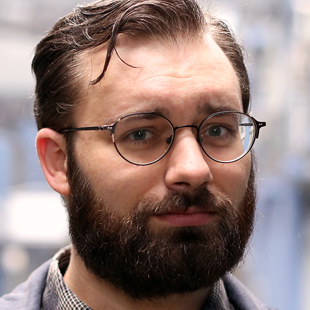 Clayton Aldern is a data strategist at Grist, headquartered in Seattle, Washington. He will create materials for newsrooms to guide them in covering climate issues through a data lens. These materials will include adaptable software templates and start-up guides for non-technical staff interested in exploring the possibilities of climate data journalism. Aldern will also begin to compile a newsroom-facing national climate database accessible to journalists for coverage of environmental stories.
Clayton Aldern is a data strategist at Grist, headquartered in Seattle, Washington. He will create materials for newsrooms to guide them in covering climate issues through a data lens. These materials will include adaptable software templates and start-up guides for non-technical staff interested in exploring the possibilities of climate data journalism. Aldern will also begin to compile a newsroom-facing national climate database accessible to journalists for coverage of environmental stories.
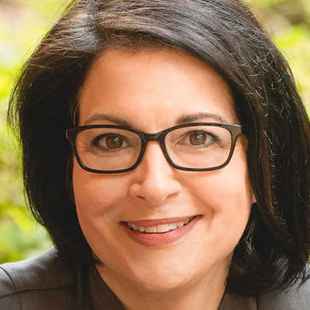 Deborah Dwyer is a Ph.D. candidate at the University of North Carolina at Chapel Hill. She will work with newsrooms to take a deep dive into the ethics and practicalities of unpublishing. She’ll create tools and resources about the topic and share the best practices and policies she discovers.
Deborah Dwyer is a Ph.D. candidate at the University of North Carolina at Chapel Hill. She will work with newsrooms to take a deep dive into the ethics and practicalities of unpublishing. She’ll create tools and resources about the topic and share the best practices and policies she discovers.
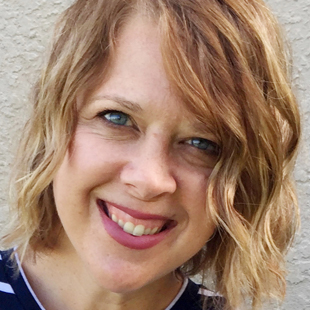 Kristen Hare is a staff reporter at Poynter. She will rethink obituaries for digital audiences by using creative storytelling methods to build audience, digital subscribers and to rebuild a sense of community with the Tampa Bay Times.
Kristen Hare is a staff reporter at Poynter. She will rethink obituaries for digital audiences by using creative storytelling methods to build audience, digital subscribers and to rebuild a sense of community with the Tampa Bay Times.
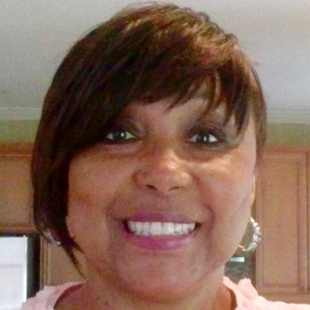 Melba Newsome is an independent journalist and editor in Charlotte, North Carolina. She will create a diversity training program that she will implement in newsrooms to help them include people of color and underrepresented groups in their reporting to be more reflective of the communities they serve.
Melba Newsome is an independent journalist and editor in Charlotte, North Carolina. She will create a diversity training program that she will implement in newsrooms to help them include people of color and underrepresented groups in their reporting to be more reflective of the communities they serve.
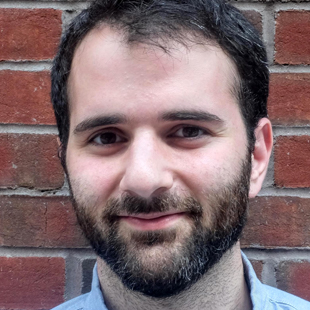 Max Siegelbaum is the co-founding editor and a reporter at Documented. He will experiment further with producing a Spanish-language WhatsApp publication that will deliver information and news about immigration issues in New York City and beyond.
Max Siegelbaum is the co-founding editor and a reporter at Documented. He will experiment further with producing a Spanish-language WhatsApp publication that will deliver information and news about immigration issues in New York City and beyond.
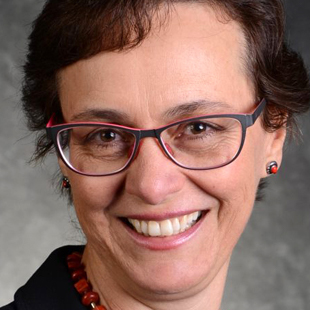 Dagmar Thiel is the USA Director of Fundamedios. Fundamedios will work on a diagnostic and database of threats, online and offline harassment of Latino journalists working in the U.S. In the cases where this is relevant, they will mobilize public opinion and different forms of response with urgent actions, legal defense, and solidarity networks. The evaluation will show gaps in the safety of Hispanic journalists and allow Fundamedios to create specific training and resources for news media outlets that are affected.
Dagmar Thiel is the USA Director of Fundamedios. Fundamedios will work on a diagnostic and database of threats, online and offline harassment of Latino journalists working in the U.S. In the cases where this is relevant, they will mobilize public opinion and different forms of response with urgent actions, legal defense, and solidarity networks. The evaluation will show gaps in the safety of Hispanic journalists and allow Fundamedios to create specific training and resources for news media outlets that are affected.
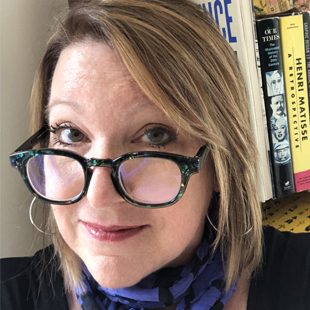 Sara Quinn is a senior fellow at the University of Minnesota and Affiliate Faculty at the Poynter Institute for Media Studies. She, in conjunction with The National Press Photographers Association, will conduct eye tracking studies to further research the impact of professional photo and video journalism. She will use the data to create a training program with materials for newsrooms to enhance the understanding and utilization of visual storytelling as an integral aspect of the coverage of their communities.
Sara Quinn is a senior fellow at the University of Minnesota and Affiliate Faculty at the Poynter Institute for Media Studies. She, in conjunction with The National Press Photographers Association, will conduct eye tracking studies to further research the impact of professional photo and video journalism. She will use the data to create a training program with materials for newsrooms to enhance the understanding and utilization of visual storytelling as an integral aspect of the coverage of their communities.
Comments